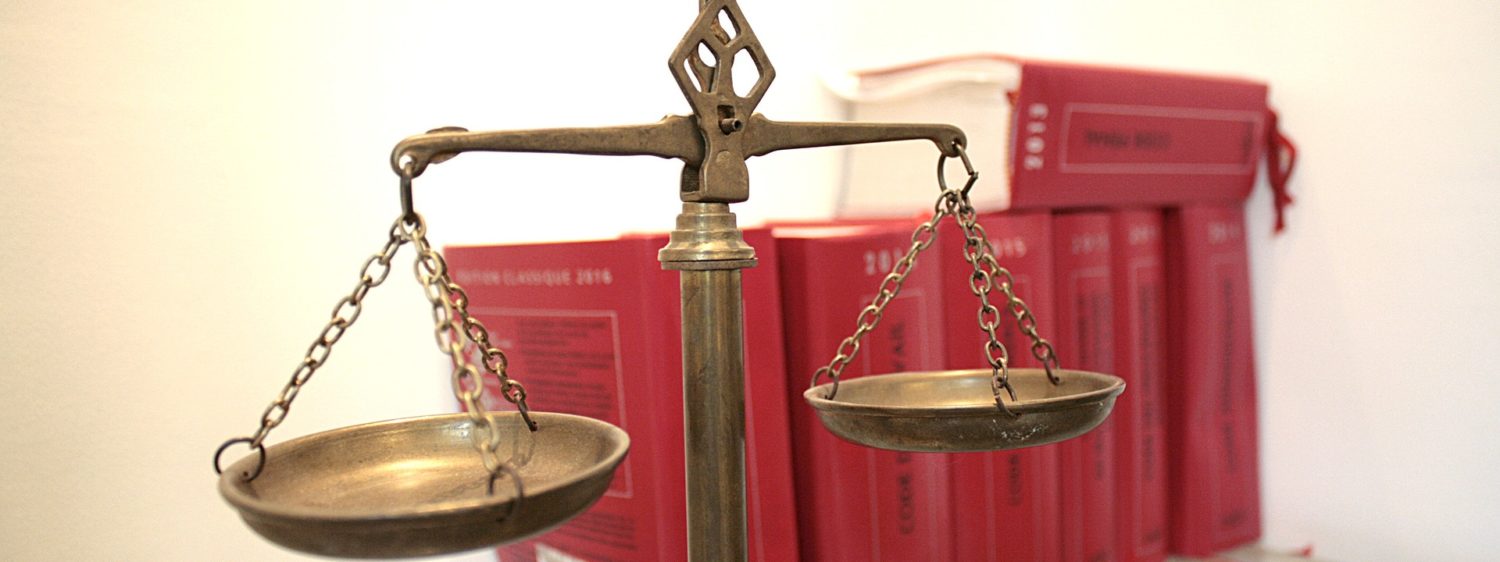An embossed notary seal is an excellent choice for some reasons. It is permanent, photocopiable, and inexpensive. Notaries can also leave a good impression because of their high-quality material. Here are some advantages of notary seal embossers. They’re an essential item for any notary’s toolkit.
Inkless thumbprint kits are affordable.
Inkless thumbprint pads provide crisp, clear fingerprints for notarial transactions. With an average cost of $80, inkless thumbprint pads are affordable, convenient, and effective. They can produce up to 1,000 fingerprints simultaneously, ensuring you complete your official notary duties without a mess. In addition, these thumbprint pads are non-toxic and easy to use.
Inkless thumbprint coffee makers come in many different styles and capacities. Before settling on one, consider your lifestyle and the type of notary seal you need to create. Depending on how often you notarize documents, you may want a machine that produces multiple servings at a time. Some systems are more complicated than others. Consider the capabilities of each product, as well as how easy it is to use them.
They are a valuable item in your notary toolkit.
Embossed notaries’ seals are vital in the notarial toolkit, as they are recognized as official and authentic. Notaries are responsible for administering oaths and affirmations to their clients, and using a high-quality embosser is an important part of their job. A good embosser should be comfortable to hold, and the right size and style will fit in your hand.
Notarized documents are scanned before they are recorded at county clerks’ offices. Without an embossed stamp, the document is unlikely to be accepted for recording. It can delay vital business. Embossed seals can be expensive, but the low-cost cost of this tool is well worth the investment. Although you might be tempted to buy them, make sure that the vendor you buy them from requires proof of commission before they can sell you one.
They are permanent
Although some states require notaries to use an embossed notary seal, Missouri, Illinois, Delaware, Massachusetts, and the Virgin Islands (U.S.) require an ink stamp. However, embossed seals are acceptable in all other states as long as they are photographically reproducible. In addition, notaries must use an ink stamp for all notarial certificates unless they choose to use an embosser.
Notaries have used embossed seals for decades. These seals crimp the paper in a raised pattern. Because they are raised, the notary cannot replicate the mark with a scanner or copier. Embossed seals must be darkened first and then lightly pressed against the document. Once applied to a document, an embossed notary seal is permanent and cannot be revoked.
They are photocopiable
A civil-law notary’s seal can be a stamp or an embossing seal. The seal can be circular or square. Its size should not be more than two inches in diameter and no smaller than an inch in width. If the seal is not photocopiable, it should not be used. For a certified copy, it should be at least four inches in diameter and photocopiable.
Notaries can use both types of seals, but it’s generally a good idea to choose the one that’s photocopiable since an embossed notary seal leaves a raised indentation on a document. While the embossed seal is generally photocopiable, a stamped seal requires ink to mark a document. Both are acceptable in N.C., but an embossed seal is generally preferred for foreign documents.
They add flair
Regardless of your profession, an embossed notary seal is a valuable investment. Notaries use notary seals in various legal contexts, including real estate transactions and business contracts. Besides the obvious legal benefits, an embossed notary seal adds flair to official documents. The embossed seal is made of high-quality, foil-coated glossy paper with an easy-to-clean surf.

